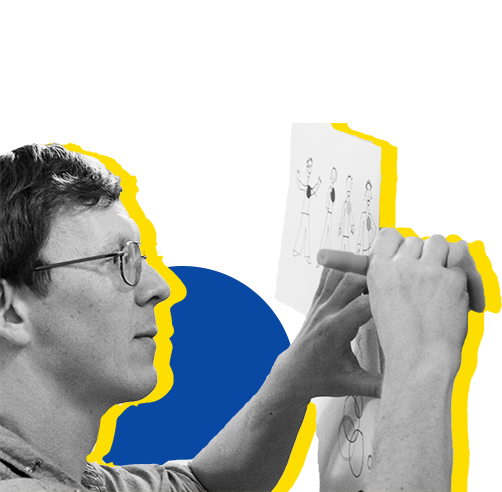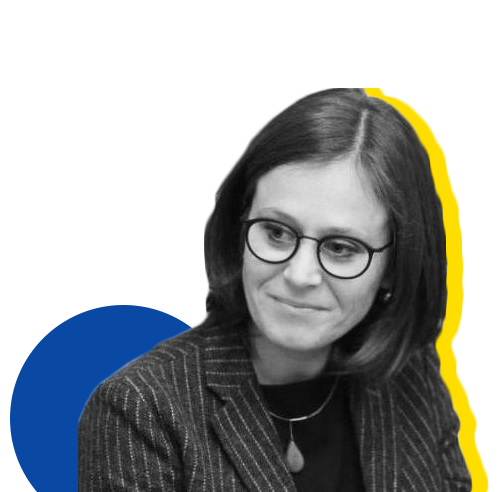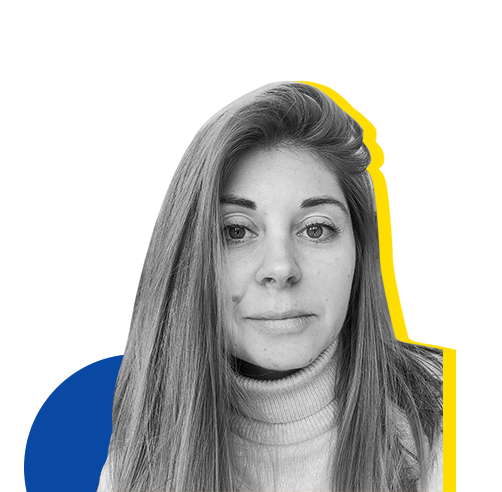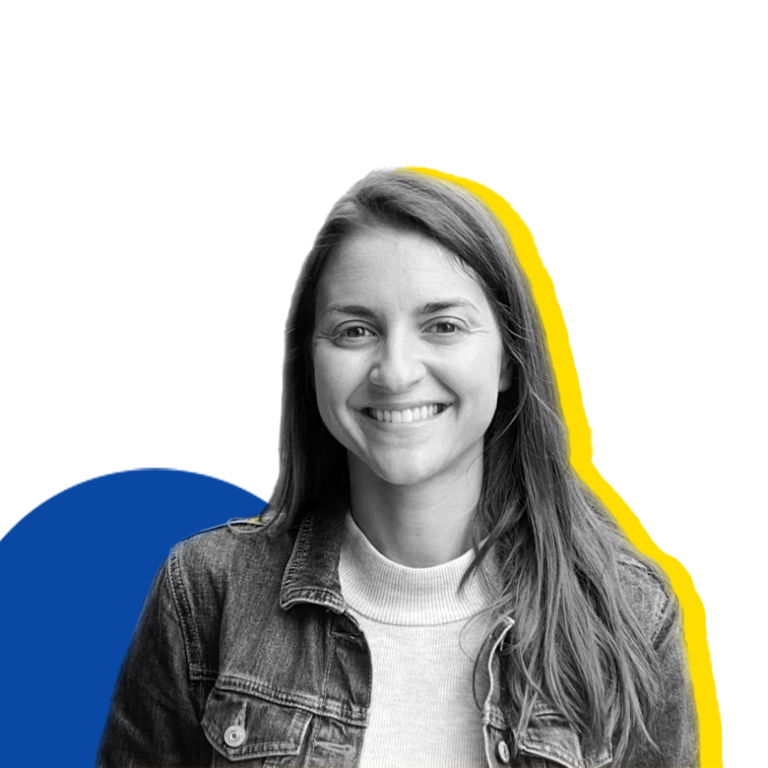Facilitation skills
Register now for our free online workshop, November 28th 2024 at 15:00-16:00 CET, and get the early-bird rate for our full open online workshop series on facilitation skills, November 2024 – January 2025!
This workshop series, held online or in-person, examines the skills necessary to facilitate conversations that link science and research with societal needs and values. As facilitators, we play a crucial role in structuring this dialogue: exploring perspectives of different stakeholders, identifying common ground and building consensus. Specific techniques can be employed to ensure participants are comfortable to engage and work towards having equal voices in the discussion.
About the workshop series
Overview
A series of modules explore and develop a range of skills:
- Establishing a framework for dialogue and opening discussion
- Active listening and formulating questions
- Divergent and convergent thinking and consensus decision-making
- Multi-stakeholder discussions and challenging situations
- Online and hybrid facilitation
This course can take the shape of a series of online 2-hour sessions on Zoom or as a series of in-person training modules. It is led by the Stickydot team who have a wealth of expertise in facilitating dialogue and participatory processes around research and innovation, on and offline. They draw on existing good practices and theory both within our sector and further afield. They are dynamic and interactive, ensuring plenty of time for discussion and sharing of experiences.
After attending this training, participants will be able to:
- Explain the role of a facilitator
- Understand and use principles of active listening in their role as facilitators
- Formulate questions that meet the needs of the context in their role as facilitator
- Open group workshop sessions in a way that ensures common understanding and maximises participation
- Build consensus among participants in a workshop session
- Address challenging situations in a workshop context
- Reflect on their role as facilitators and integrate feedback
- Use a variety of tools such as ice-breakers, energisers, brainstorming and co-design techniques
Who is it for?
This course will be of relevance to researchers, project managers, science communicators, policy officers and anyone who is involved in activities that bring citizens and stakeholders together to discuss societal questions around research and innovation. We will look at facilitation skills in the context of science dialogue but they are also relevant to broader contexts, from leading meetings to running workshops.
This workshop series is led by the Stickydot team who have a wealth of expertise in facilitating dialogue and participatory processes around research and innovation, on and offline. The modules draw on existing good practices and theory both within our sector and further afield. They are dynamic and interactive, ensuring plenty of time for discussion and sharing of experiences.
Feedback
“The training has already impacted our team, as members have implemented new facilitation methods, leading to improved collaboration and decision-making. We highly recommend Stickydot’s facilitation training for organisations seeking to boost their team’s skills.”
– Ryan Titley, Director of Projects, ERRIN, Belgium
“The Stickydot facilitation course enabled me to learn (and try!) new techniques in a safe and fun environment. The sessions were really interactive and kept me on my toes! A big bonus was meeting other facilitators so we could learn from each other. Highly recommend!”
– Kate Baker, Senior Research Fellow, University of Exeter, UK
“I had a great experience during the Facilitation Skills course: the quality of the trainers, the materials and the exercises proposed, generated a very safe and comfortable environment of participation. I think that all the group felt the same way and the other trainees were also a source of inspiration and learning to me. I felt challenged in a very positive way, and I got very useful tools for improving my facilitation skills.”
– Claudia Aguirre. Director. TRACES / Espace des Sciences Pierre-Gilles de Gennes. Paris, France
Programme schedule
As facilitators of science and society dialogue, what does our role entail? This introductory workshop will explore the responsibilities we take on regarding our participants and the topics we address, and the challenges we take on. We will look at what sets us apart from facilitators on other issues: how does the need for evidence-based discussion affect our objectivity? How can we embed this reflexivity into our practice? What challenges is our group currently facing, and how can we address them?
When we bring a group together for the first time for dialogue, we need to affirm not only our role as facilitators, but the role of the participants. How do we set the scene for an inclusive discussion from the outset? What role can co-creation play in establishing norms for interaction among our participants? This session will also be a chance to test out a key technique for making sure our participants are heard and understood: active listening.
What makes a great question? Closed or open, neutral or leading, clarifying or reflective, the questions we put to our participants are crucial in shaping the dialogue that takes place. This session will explore the theory and provide an opportunity for practice. We will apply these skills around active listening and questions to the context of building consensus: how do we find common ground?
This session will explore the specific context that we come across often: a brainstorming and prioritisation exercise. How can we help our participants to step up and contribute creatively in a brainstorm setting? And what do we need to bear in mind when guiding them through assigning priority to the outcomes? A peer feedback session will ensure we explore this exercise from a range of perspectives.
This final session will be a chance to put into practice the skills we have been developing across the series. As facilitators, we often bring together people from a range of professional profiles. What do we need to bear in mind when the conversation includes scientists, policymakers, activists or industry professionals alongside the general public? Group dynamics can vary greatly according to cultural contexts or individual mindsets: we will share good practices and test them out in roleplays to reflect on how to address a set of tricky situations.
Trainers
Michael designs and facilitates dialogue activities around research. He has worked with organisations including SAPEA, the European Commission’s Scientific Advice Mechanism; the Free University of Brussels (VUB), Innoviris, the Brussels institute for R&I and EASO, the European Association for the Study of Obesity.
Marzia facilitates stakeholder engagement leading to social innovation and co-design. She has worked with ECSA (the European Citizen Science Association), EU-funded projects such as TRANSFORM and MOSAIC, and institutions like Cariplo Factory.
Maria has been working on public engagement projects for more than 8 years. She ran numerous training sessions for projects such as SySTEM2020 and Sparks. Recent assignments include the organisation of a series of participatory webinars for EUFIC, the European Food Information Council.
Join us for our free online training workshop!
Registration is open now for a free training workshop, as well as the early-bird rate for our full workshop series on facilitation skills, November 2024 – January 2025.
Don’t hesitate to send a quick message to info@stickydot.eu and schedule a short half-hour call with us, at your convenience.



